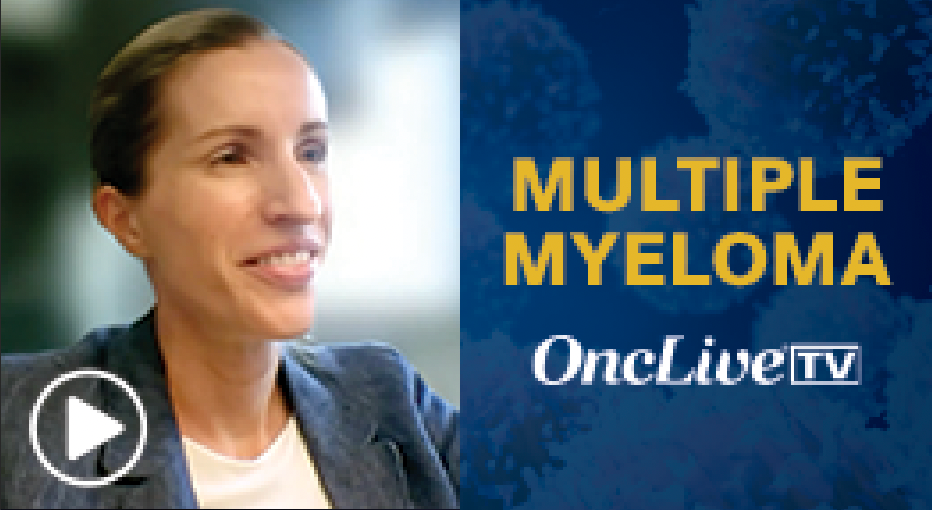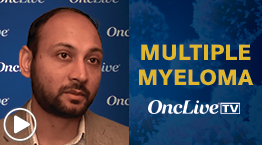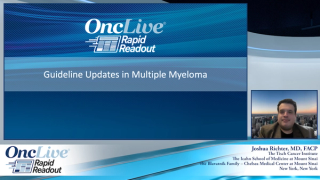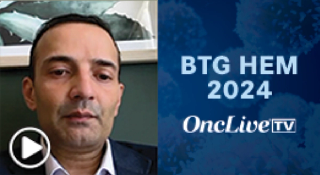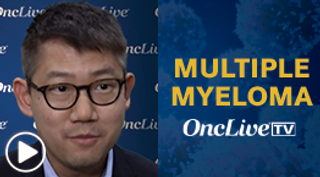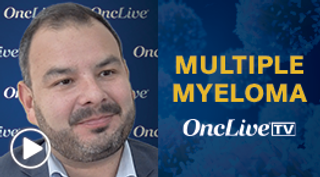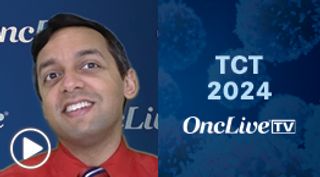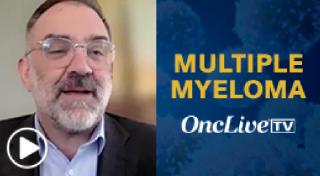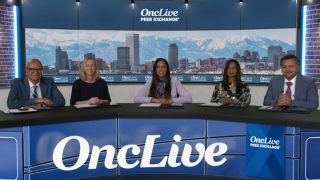
Multiple Myeloma
Latest News

The European Commission has approved a Type II variation application for teclistamab, providing the option for a reduced dosing frequency of 1.5 mg/kg every 2 weeks in patients with relapsed/refractory multiple myeloma who have achieved a complete response or better for a minimum of 6 months.
Latest Videos

CME Content
More News

The FDA has granted accelerated approval to elranatamab-bcmm (Elrexfio) for the treatment of adult patients with relapsed or refractory multiple myeloma who have previously received at least 4 lines of therapy, including a proteasome inhibitor, an immunomodulatory agent, and an anti-CD38 monoclonal antibody.

The combination of teclistamab and nirogacestat produced high and deep responses in patients with relapsed/refractory multiple myeloma.

Hans Lee, MD, discusses unmet needs in patients with relapsed/refractory multiple myeloma, highlights key efficacy and safety findings from the LINKER-MM1 trial, and how these data may inform the future of the multiple myeloma treatment paradigm.

The FDA has granted accelerated approval to talquetamab-tgvs for the treatment of adult patients with relapsed or refractory multiple myeloma who have received at least 4 prior lines of therapy, including a proteasome inhibitor, an immunomodulatory agent, and an anti-CD38 antibody.

Krina K. Patel, MD, MSc, discusses the background of the phase 3 KarMMa-3 trial, which investigated idecabtagene vicleucel in patients with high-risk, relapsed/refractory multiple myeloma.
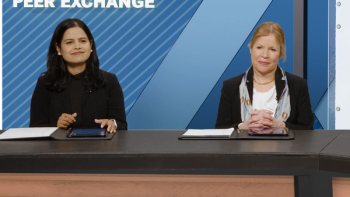
After discussing earlier-line use of CAR T-cell therapy in patients with multiple myeloma, the panel considers key takeaways and future evolutions in the treatment landscape.
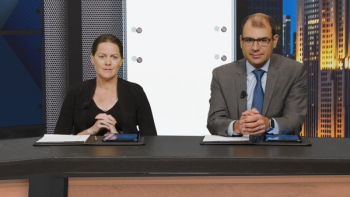
Before closing out their discussion on novel therapies in multiply relapsed multiple myeloma, panelists identify the evolving role of CAR T-cell therapy.
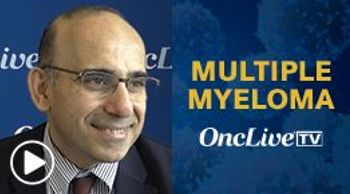
Mohamad Mohty, MD, PhD, discusses the promise of the phase 2 MagnetisMM-3 trial in patients with relapsed/refractory multiple myeloma, which is investigating elranatamab monotherapy in this patient population.

Carolina D. Schinke, MD, discusses key efficacy findings from the MonumenTAL-1 trial, adverse effects to be aware of with talquetamab, and what the findings from this trial reveal about the potential future for talquetamab and other bispecific antibodies in patients with multiple myeloma.
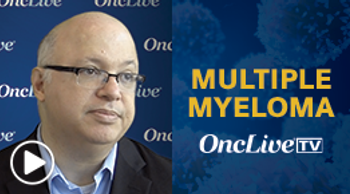
Luciano J. Costa, MD, PhD, discusses the background of the phase 2 MASTER trial in newly diagnosed multiple myeloma.

Key opinion leaders on multiple myeloma reflect on the use of combination strategies with bispecifics in the multiply relapsed setting.
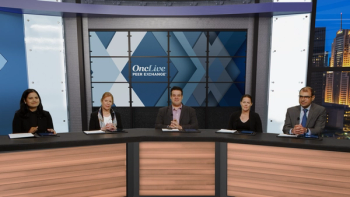
Expert perspectives on adverse event management in patients on bispecific therapy for multiply relapsed multiple myeloma.
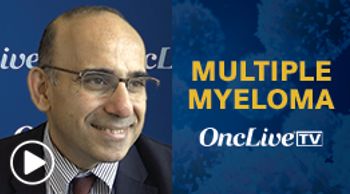
Mohamad Mohty, MD, PhD, discusses unmet needs in patients with relapsed/refractory multiple myeloma and the rationale for investigating elranatamab monotherapy in this population in the phase 2 MagnetisMM-3 trial.
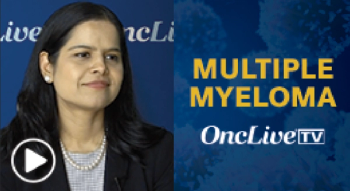
Susan Bal, MD, discusses questions remaining regarding sequencing of treatments in later lines for patients with relapsed/refractory multiple myeloma.

The FDA has issued a ‘safe to proceed’ for the investigational new drug application enabling a phase 1 study evaluating NY-ESO-1 TCR/IL-15 NK, a first-in-class engineered T-cell receptor natural killer cell therapy for patients with relapsed/refractory multiple myeloma.

Jeffrey V. Matous, MD, discusses future directions of CAR T-cell therapy in multiple myeloma, highlighting the potential promise of novel targets beyond BCMA.

A brief review of logistical considerations that play a part in selecting novel therapy for patients with multiply relapsed multiple myeloma.

Focused discussion on the sequencing of bispecifics or CAR T-cell therapies in patients with multiply relapsed multiple myeloma.
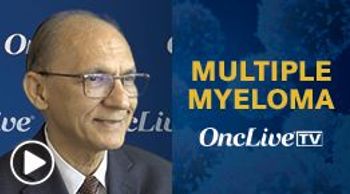
Nikhil C. Munshi, MD, discusses the background of the phase 1b/2 CARTITUDE-1 trial of ciltacabtagene autoleucel in patients with relapsed/refractory multiple myeloma and highlights the specific patient population enrolled in the study.

Krina K. Patel, MD, MSc, discusses the safety profile of idecabtagene vicleucel in a subgroup of patients with high-risk, relapsed/refractory multiple myeloma, as well as findings with soluble BCMA levels from the phase 3 KarMMa-3 trial.

The European Medicines Agency’s Committee for Medicinal Products for Human Use has recommended the approval of a Type II variation for teclistamab in the treatment of adult patients with relapsed or refractory multiple myeloma who have received at least 3 prior therapies.

The European Medicines Agency’s Committee for Medicinal Products for Human Use has recommended conditional marketing authorization of talquetamab for use as a single agent in adult patients with relapsed or refractory multiple myeloma who have previously received at least 3 therapies.

Nikhil C. Munshi, MD, discusses the implications of the findings from the phase 1b/2 CARTITUDE-1 trial of ciltacabtagene autoleucel in patients with relapsed/refractory multiple myeloma and the CAR T-cell therapy’s subsequent FDA approval for use in this patient population.

Centering discussion on a patient scenario of multiply relapsed multiple myeloma, panelists consider available novel therapies within the treatment landscape.

Shared insight from experts in multiple myeloma on patient and disease characteristics that inform selection of best therapy at first relapse.


